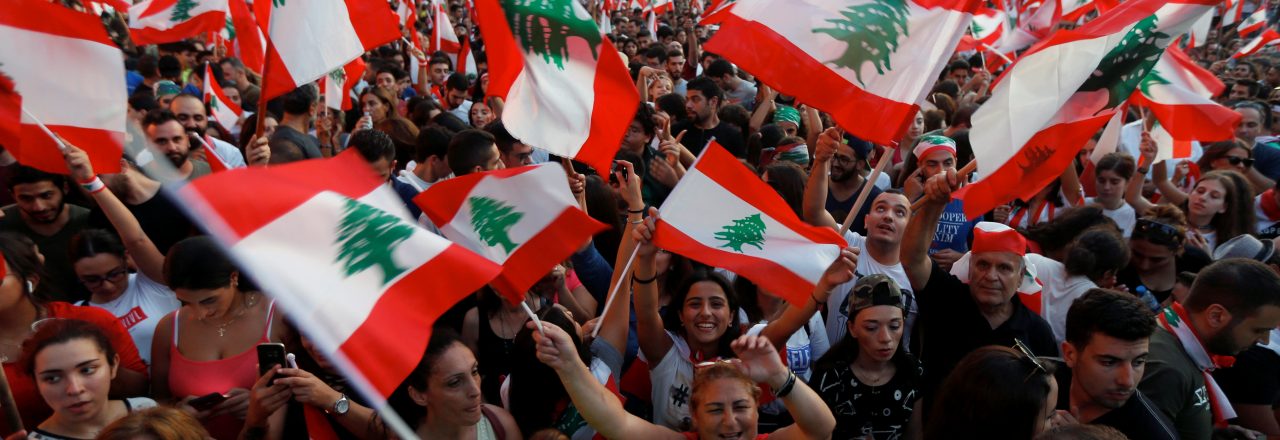
Talks for a new government in Lebanon to be held despite protests persisting
Parliamentary consultations for the designation of a new prime minister will start on 16 December, according to the presidency. However a deal on who will substitute Saad Hariri after he resigned on 29 October has not been reached. Among the several names that surfaced during the last weeks was that of Samir Khatib, a businessman with no experience in politics. However, Khatib has finally declined to run for the position of Prime Minister after a meeting with the mufti of Lebanon and the rejection expressed by protesters. His refusal opens the door to the re-election of Hariri. Nevertheless, there are differences with regards to the composition of the new government, with Hariri preferring all members to be technocrats while his opponents favouring a mixture of experts and politicians. Protesters have rejected these announcements since they considered they are part of a strategy for the ruling elite to cling into their power. On 4 December, the Central Bank announced that it will impose new caps on interest rates on deposits and pay savers. It also said that it will use local currency to pay “half the interest due on US dollars deposited with it by Lebanese banks”. These measures are intended to ease pressure on foreign currency reserves. The Lebanese pound value on the parallel market has slumped since the protests erupted last October and is currently traded 40% weaker than the official rate, causing difficulties to import goods. The central bank is prioritising foreign currency reserves to purchase fuel, medicine and wheat. On 28 November, petrol stations started an open-ended strike nationwide due to the losses sustained because of the use of dollars to import fuel. Former EU HR/VP Federica Mogherini called in the European Parliament for the “swift formation of a functioning government to ensure political and economic stability” but “in line with the Lebanese people’s aspirations”.
- The Euromed news are edited by the team of the Euro-Mediterranean Policies Department of the European Institute of the Mediterranean -


